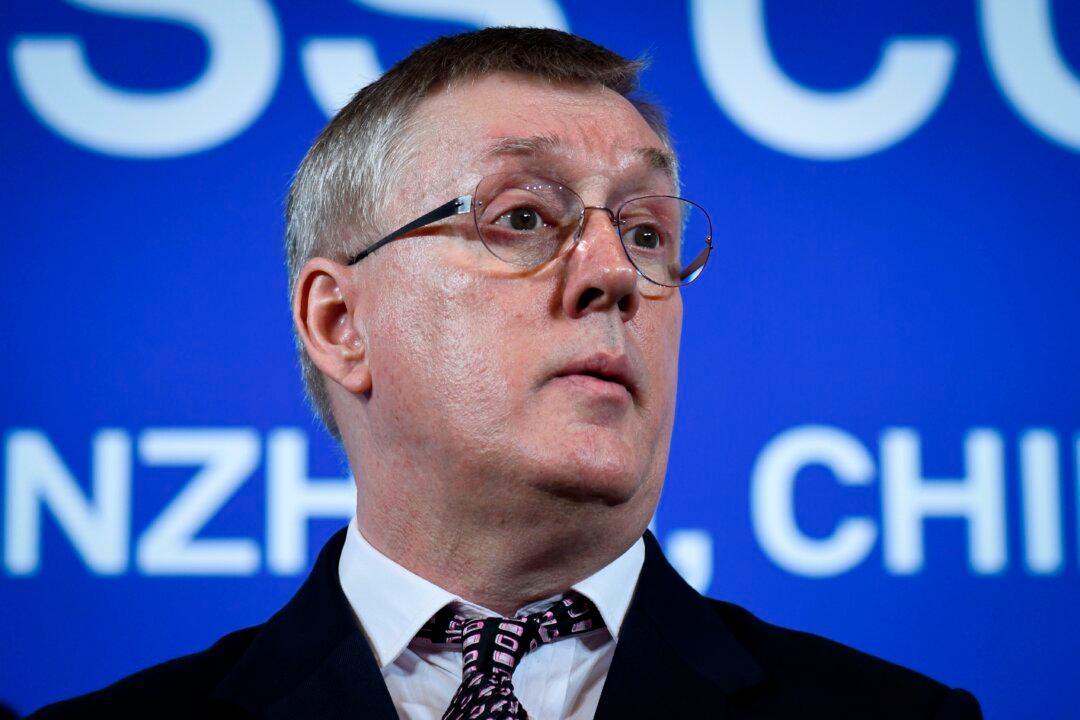Huawei’s cybersecurity chief was accused of being a “moral vacuum” during a UK parliamentary hearing, in which he was repeatedly questioned about the Chinese company’s ethical stance on doing business with governments that violate human rights.
The executive also said he had no views about whether the Chinese communist regime was repressive of human rights.





